A Brief History of Sicily Starting with the Greeks
0 Comments/in Blog/by Dominique RizzoWhen Sicily was Greek
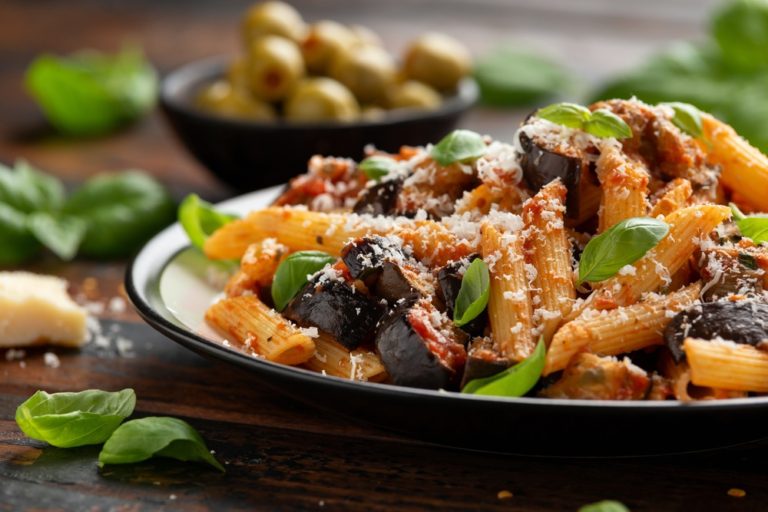
Sicily is the largest island in the Mediterranean Sea and has a rich history dating back to ancient times. The island was originally inhabited by the Sicani and Siculi tribes, who were later conquered by the Greeks in the 8th century BC. During this time, Sicily became a major center of Greek culture and civilization, with cities such as Syracuse and Akragas thriving. In the 3rd century BC, Sicily was conquered by the Romans and became an important province of the Roman Empire. After the fall of Rome, Sicily was ruled by a succession of different powers, including the Byzantine Empire, the Arabs, the Normans, the Swabians, the Angevins, the Aragonese, and the Bourbon monarchy.
In the 19th century, Sicily became a key center of the Italian Risorgimento and was eventually unified with the rest of Italy in 1861. Today, Sicily is an autonomous region of Italy with a unique culture and history.
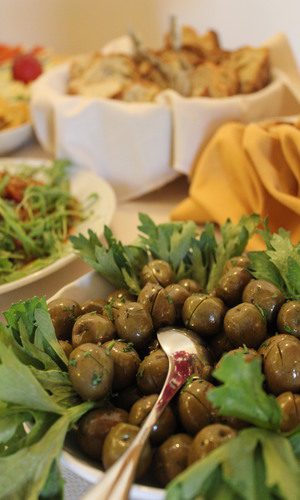
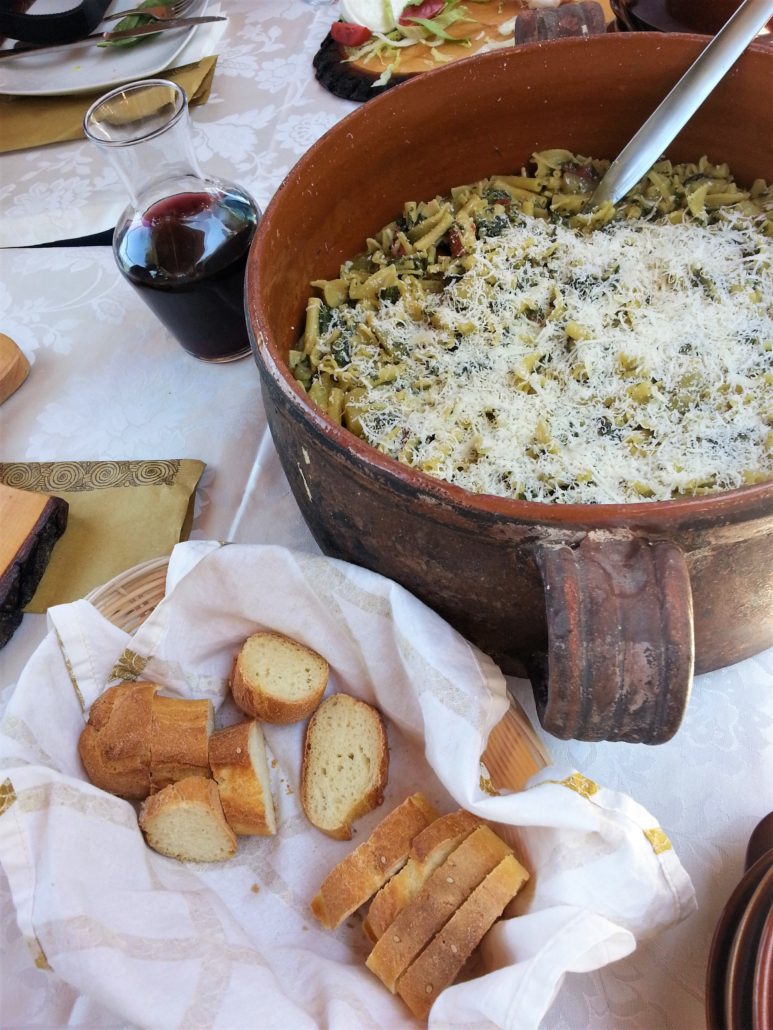
The Greeks In Early Sicily
Sicily’s entwined history, culture and food is about settlers and invaders –
650 B.C. – 850 200 years The Siculi – who the island is named after were in the East, the Sicani in the West, and the Elymi coming from Asia Minor and escaping from Troy are the first known inhabitants of Sicily.
· Then came the Greeks – arriving on the fertile shores of Eastern Sicily establishing such popular provinces such as Giardini Naxos and Taormina, Siracusa , Catania and Agrigento which display some of the most noted and extraordinary Greek ruins out side of Greece.
· the Greeks began what is now considered the first mass colonization of Sicily and becomes “Magna Graecia” or “ the Greater greece”
· Thanks to the Greek invasion many of the great minds of antiquity that we normally associate with Greece were actually born on Sicilian soil and lived on the island most of their lives.
· Archimedes, the greatest scientific mind of antiquity
· Gorgias of Lentini – a master of public speaking who brought the art of public speaking to Rome
· Empedocles, naturalist, philosopher, orator, poet, physician, scientist and first volcanologist. He fell or jumped into Mt. Etna, was swallowed by the volcano, and legend has it that the mountain expelled one of his sandals intact. and regarded as a god to the people of Agrigento
· Sicilians contributed substantial innovations to Greek theatre in the ruins of Segeste, Taormina and Siracusa elevating Greek comedy to a high level of drama
· They introduced mime, laws , they developed poetry and treating mythological and epic Tales in a lyrical way
· Most importantly was Archestratus – a famous Sicilian Cook credited for the first cook book “ The Sweet Taste” who later travelled to Greece giving lessons on cooking to the greeks.
· The colonists introduced grapes, figs, pomegranates, wheat, walnuts, and hazelnuts. They planted vineyards, building a considerable reputation for Sicilian wines. Native bees were making honey that the Greeks used as offerings to their goddess Aphrodite. Fresh Fruit , dried figs and Honey
· The Greeks sponsored the rearing of cattle to increase the manufacturing of dairy products.
· They planted olive trees – Kalamata were the earliest domesticated olives and they produced some of the best olive oil preferring the Sicilian Olive oil to their own
· They introduced horti: vegetable gardens fenced in with stone walls that were the predecessor of the present day kitchen gardens called orti. From here the local Sicilians employed by the wealthy aristocrat Greeks took the place of slaves in the kitchen and the ‘cook” was born – They made pickled vegetables, adding capers, olives, honey, spices and fried artichokes thus producing an archaic version of caponata.
· Writings from this period document sweets called dulcis in fundo, made of honey, nuts, milk, and flour, served with baskets of fresh fruit and sweet wine at the end of a meal.
· The Greeks made a very sweet wine called Malvasia using dried and fresh grapes crushed together. They also made custard of ricotta; honey and eggs called tyropatinum, a sweet version of the modern Greek cheese pie known as tyropita.
To be continued…
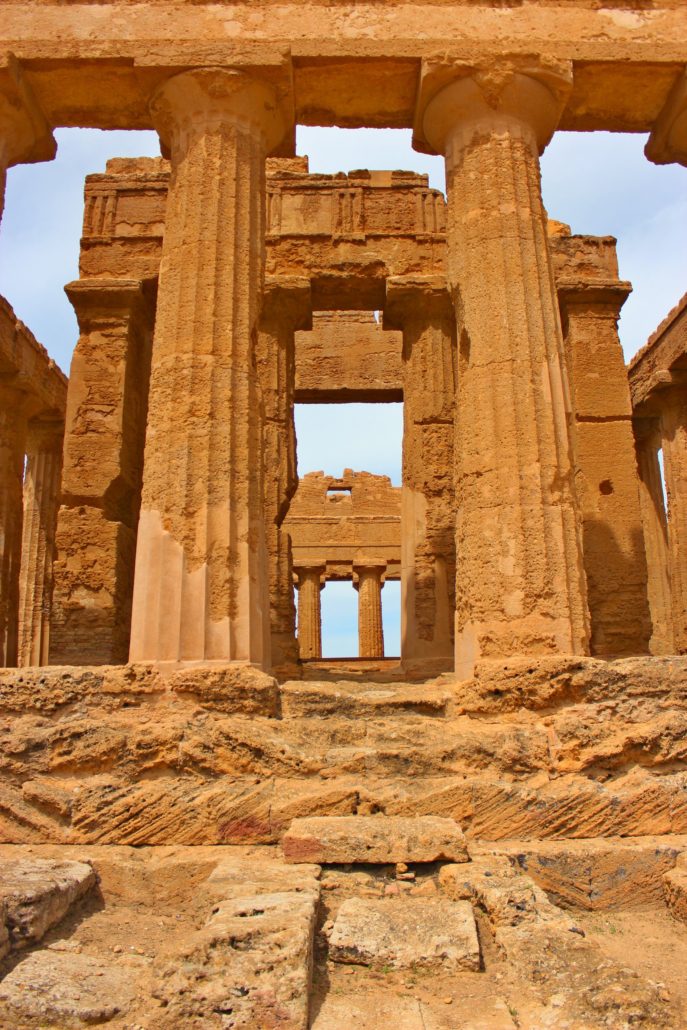
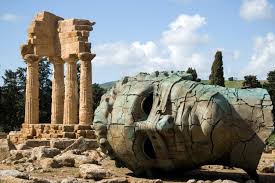
Love what you have read and want to experience Sicily? Click here for details of my 14 Day Sicilian Tour travelling in 2024

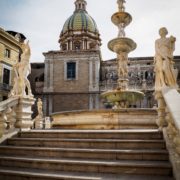

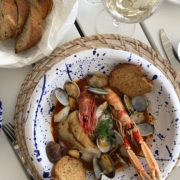



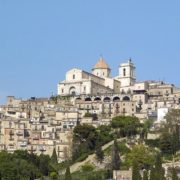
Leave a Reply
Want to join the discussion?Feel free to contribute!